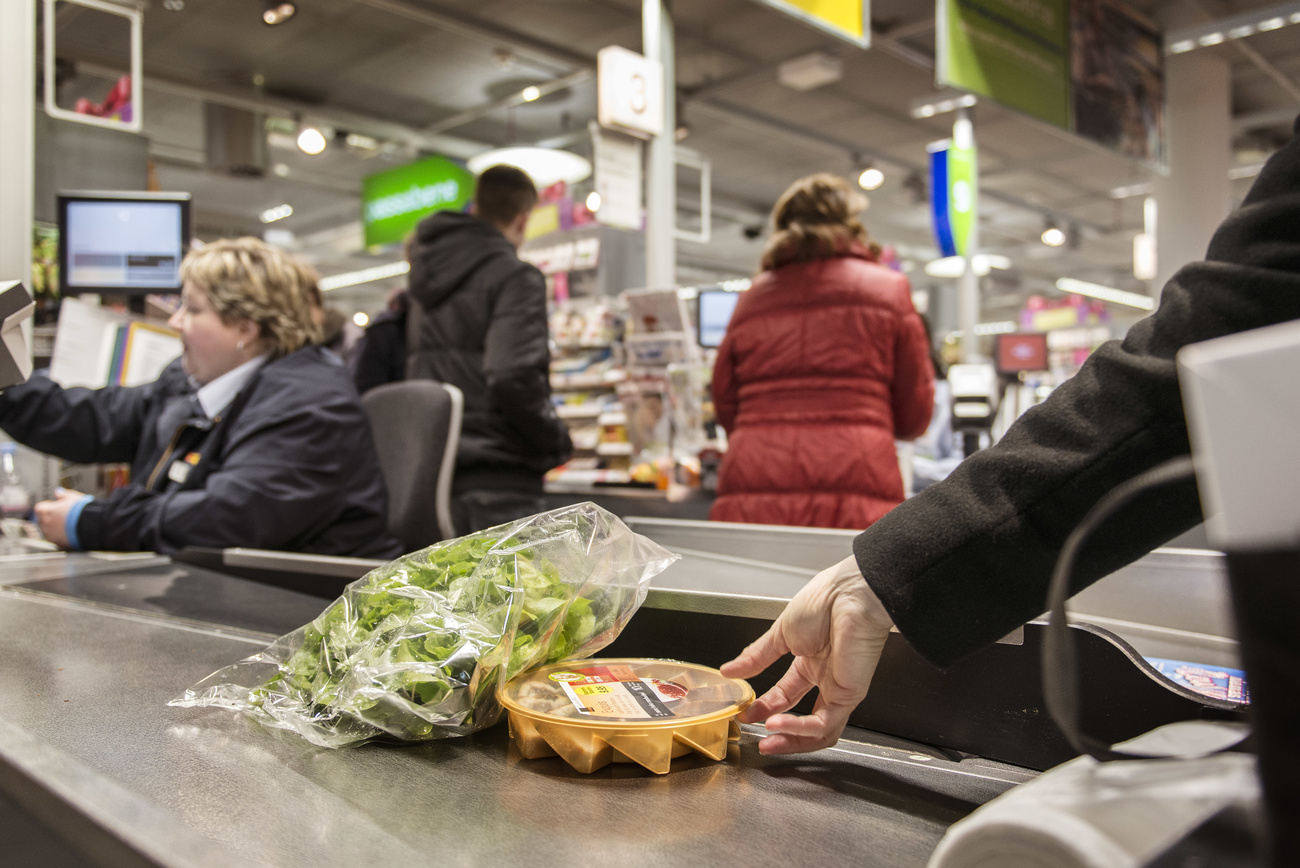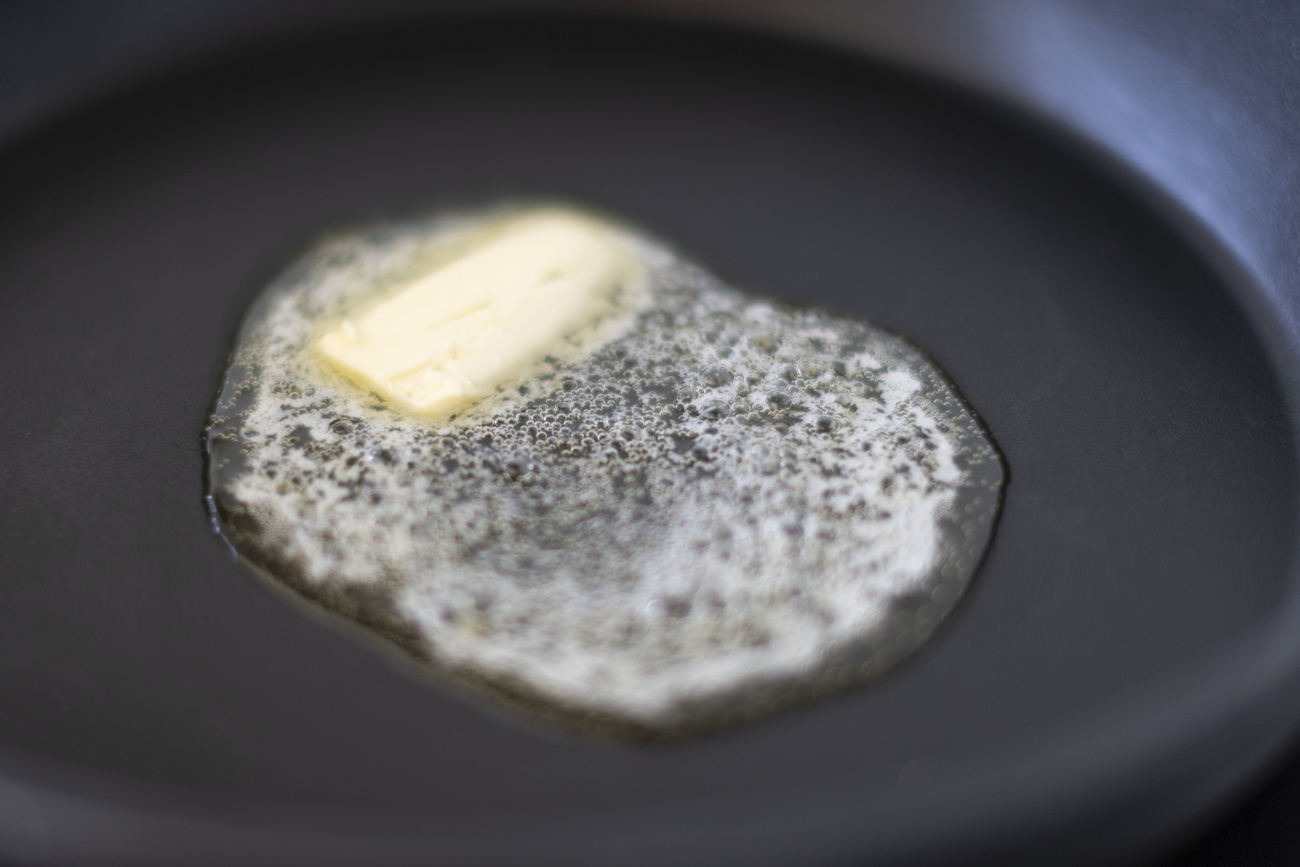
Traces of bisphenol A exceed level considered safe in 71% of people in Switzerland

Bisphenol A, one of the main endocrine disruptors, is present in 92% of the bodies of Europeans at levels above what is considered safe, says a report by the European Environment Agency published on Thursday. The share of Swiss people with BPA levels exceeding the safety threshold was 71%.
The European Environment Agency (EEA) studied the presence of bisphenol A (BPA) in the bodies of adult male and female participants from 11 European countries, including Switzerland, as part of a human bio-monitoring initiative.
Based on an April study by the European Food Safety Authority (EFSA), which drastically reduced the maximum daily dose of BPA considered safe for consumers, the Copenhagen-based EEA found that “in the 11 countries that took part in the BPA bio-monitoring initiative, the level of exceedance varied between 71% and 100%”.
Breast cancer and infertility
Bisphenol A, which has long been omnipresent in many products, such as plastic bottles, is suspected of being linked to numerous disorders and diseases, including breast cancer and infertility, because of the hormonal disruption it causes.

More
Undesirable chemicals found in bodies of Swiss residents
In some countries, such as France, BPA is now banned in food containers. The European Union and the United States have restricted its use and are considering more drastic restrictions, although these have not yet been implemented.
The debates centre on the dose above which BPA is truly dangerous. The EFSA believes that this is much lower than previously thought: it has divided it by 20,000 compared with a previous assessment, an opinion contested by another agency, the European Medicines Agency.
For Europe’s environmental watchdog, however, there is no doubt that exposure to BPA “is well above acceptable health safety levels […] representing a potential health risk for millions of people”.
BPA and two of its substitutes (bisphenol S and F) were measured between 2014 and 2020 in the urine of 2,756 adults across 11 countries.
Levels of BPA exceeded the thresholds least in Switzerland, at 71%, while they exceeded them in 100% of cases in France, Luxembourg and Portugal, reports the EEA, noting that exceedance levels reported were minimum figures.
“It is likely that, in reality, all 11 countries have exceedance rates of 100% of exposure levels above the safety thresholds”, wrote the agency.
This news story has been written and carefully fact-checked by an external editorial team. At SWI swissinfo.ch we select the most relevant news for an international audience and use automatic translation tools such as DeepL to translate it into English. Providing you with automatically translated news gives us the time to write more in-depth articles. You can find them here.
If you want to know more about how we work, have a look here, and if you have feedback on this news story please write to english@swissinfo.ch.

In compliance with the JTI standards
More: SWI swissinfo.ch certified by the Journalism Trust Initiative
















![The four-metre-long painting "Sonntag der Bergbauern" [Sunday of the Mountain Farmers, 1923-24/26] had to be removed by a crane from the German Chancellery in Berlin for the exhibition in Bern.](https://www.swissinfo.ch/content/wp-content/uploads/sites/13/2025/12/01_Pressebild_KirchnerxKirchner.jpg?ver=bb19e376)














You can find an overview of ongoing debates with our journalists here . Please join us!
If you want to start a conversation about a topic raised in this article or want to report factual errors, email us at english@swissinfo.ch.